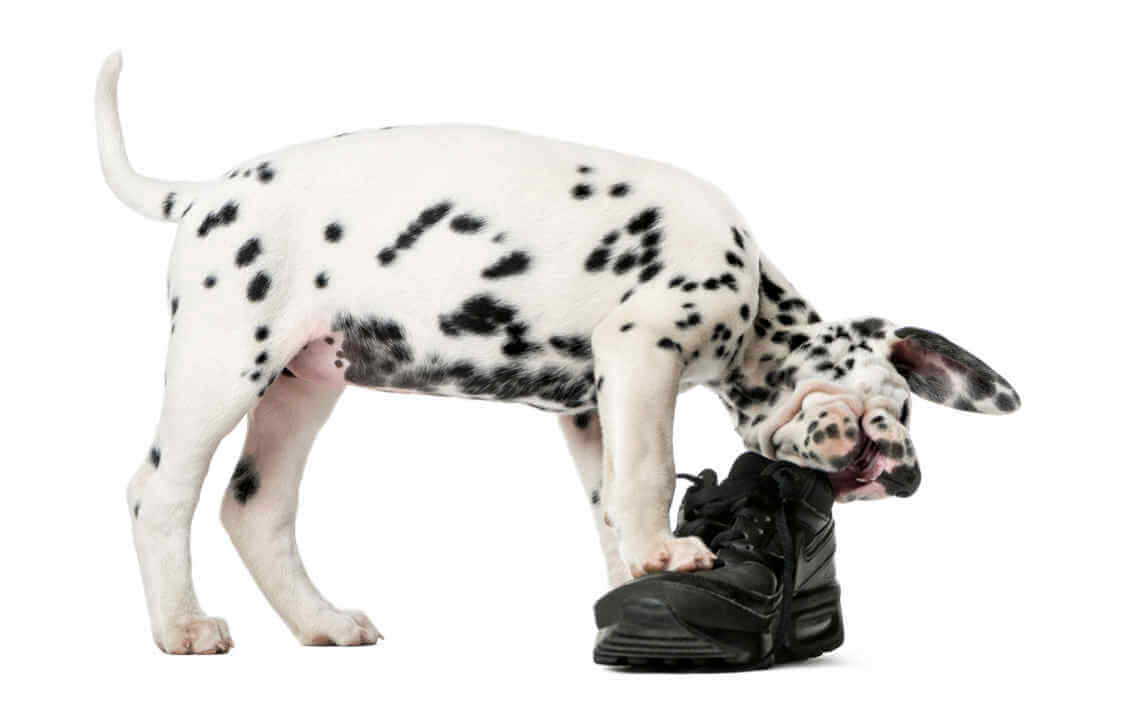
Whether you are bringing home your very first puppy or you are adding to your canine family, it’s easy to forget how challenging it can be raising a puppy. It’s exciting, overwhelming, and a lot of work. Unfortunately, those little darlings don’t come with an owner’s manual.
Here are some things you may have forgotten about raising a puppy.
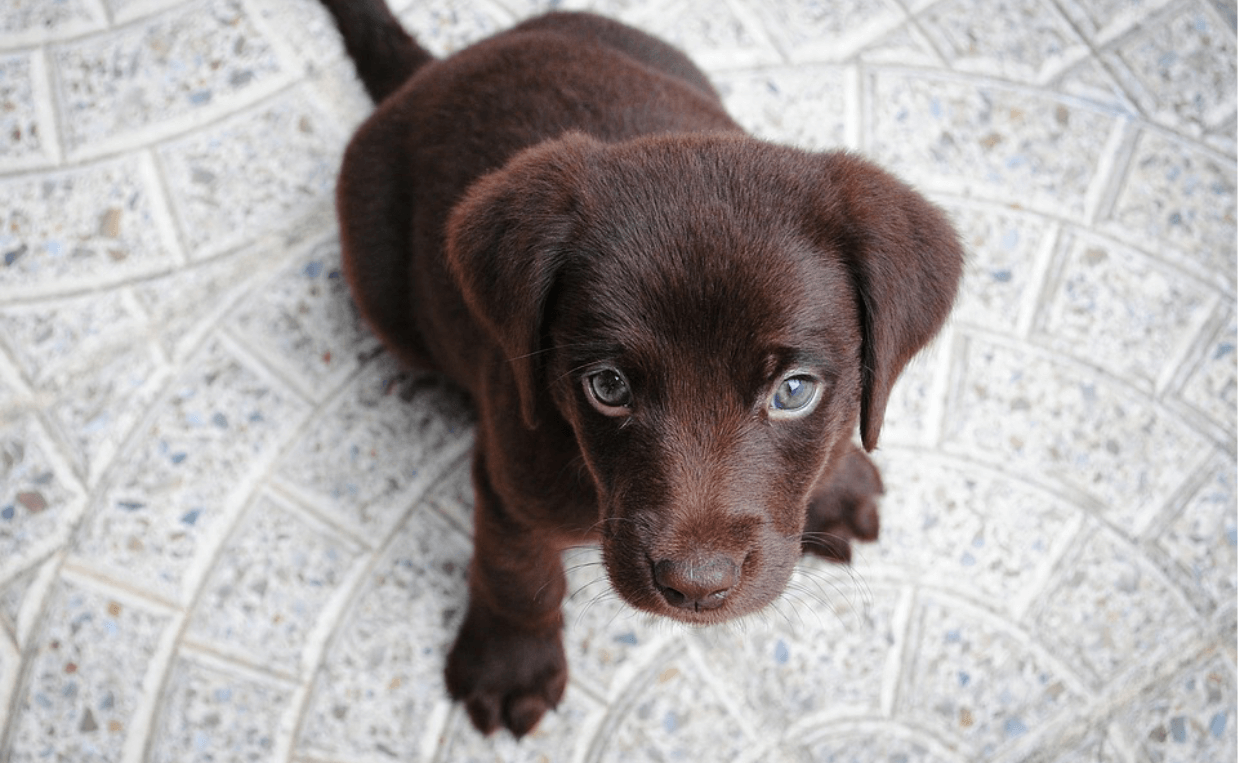
-
Puppies are SO cute!
people you will have an uncontrollable urge to touch and cuddle any puppy you see.
Owners can forget the cute puppy they brought home will grow into a large, full size dog very quickly. The cuteness often prevents owners from following through on the training or telling the puppy “No” sternly. Remember your adorable puppy still needs guidance and rules are important. That small cuteness will grow into a beautiful large adult dog that needs to be trained and well behaved.
Enjoy the puppy cuteness while it lasts, take lots of pictures, and appreciate your dog as they grow from small puppy to large adult.
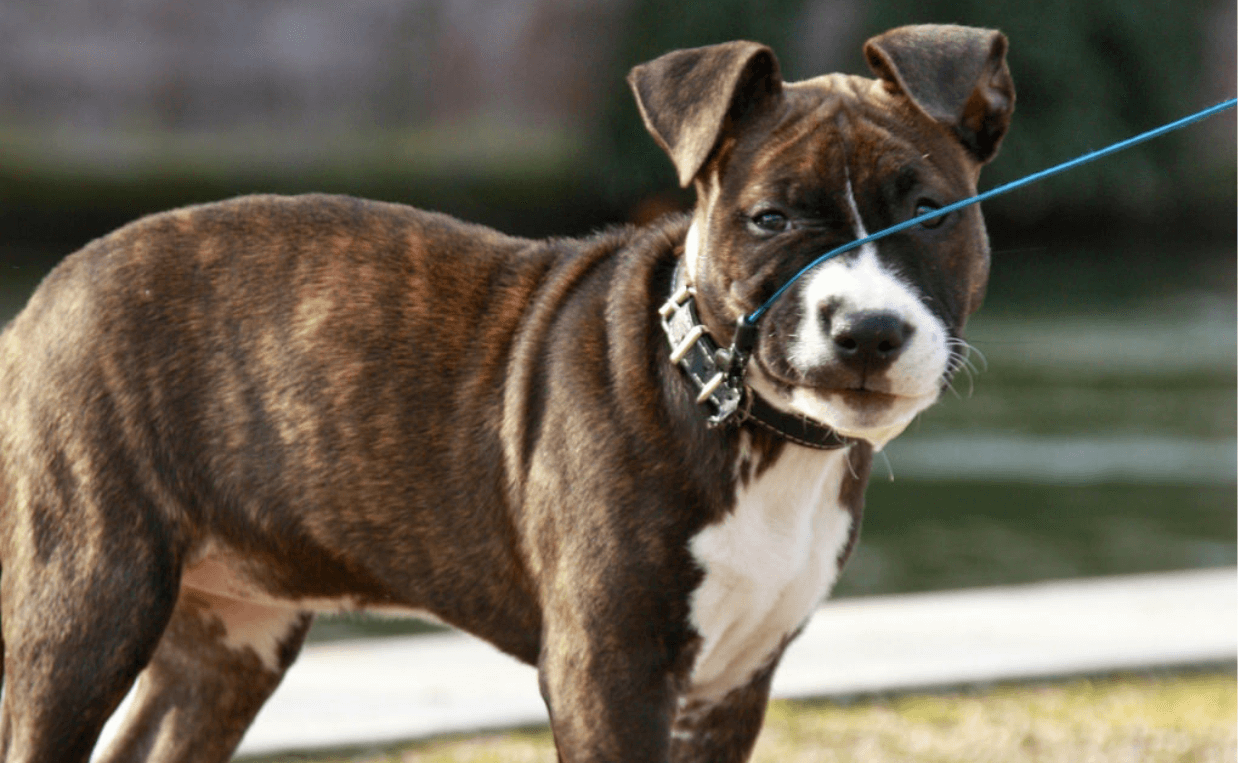
-
Puppies are clumsy fur-balls
No matter what they are doing puppies are usually clumsy and can cause disasters. Accidents can happen quickly even if you are close by. Keep a close eye on them at all times so their clumsiness doesn’t cause them harm.
Put up anything your puppy can trip over or block anywhere they can fall from, so they don’t harm themselves while getting acclimated to their new home. And don’t forget to make sure your chewable valuables are unreachable!
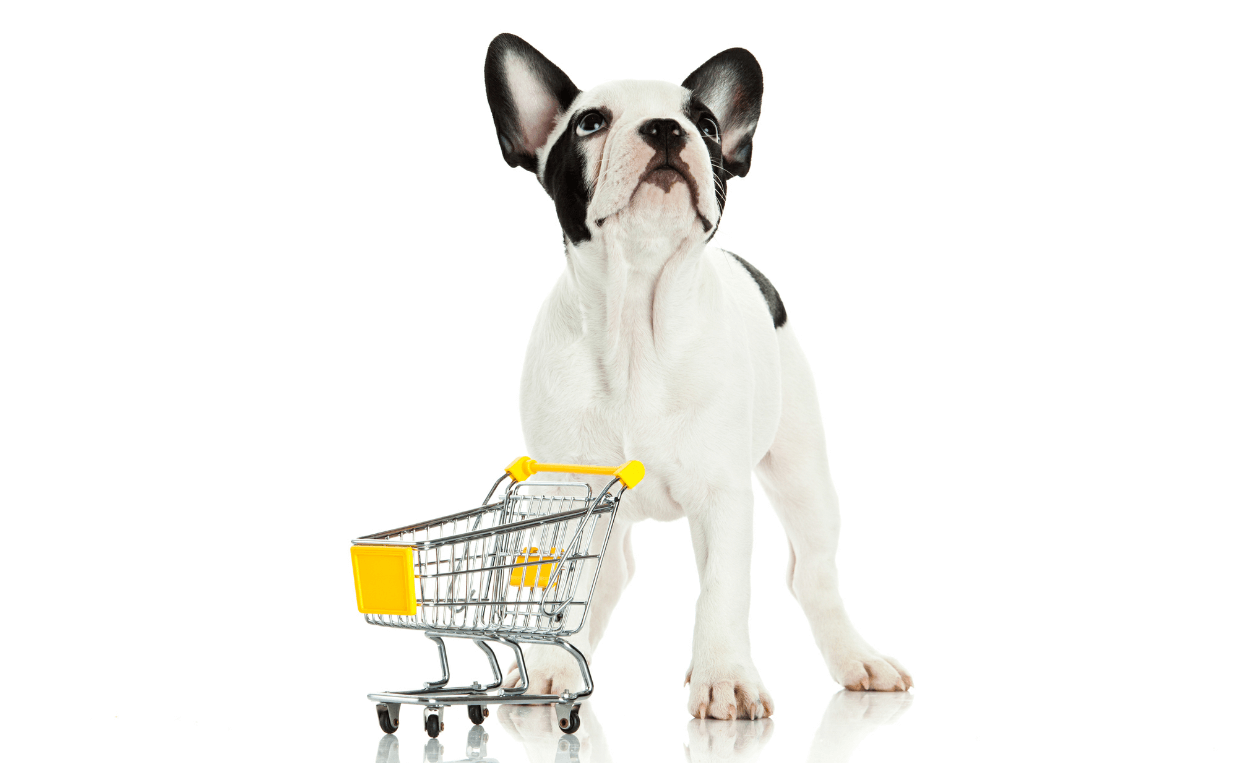
-
Time to go shopping
Raising a puppy requires a lot of necessary products. If you are crate training at night, or when you leave the house, you will need to find the right size crate for your puppy; as he or she grows you will need to buy a larger one.
Some more important items you will need to shop for before you pick up your puppy are:
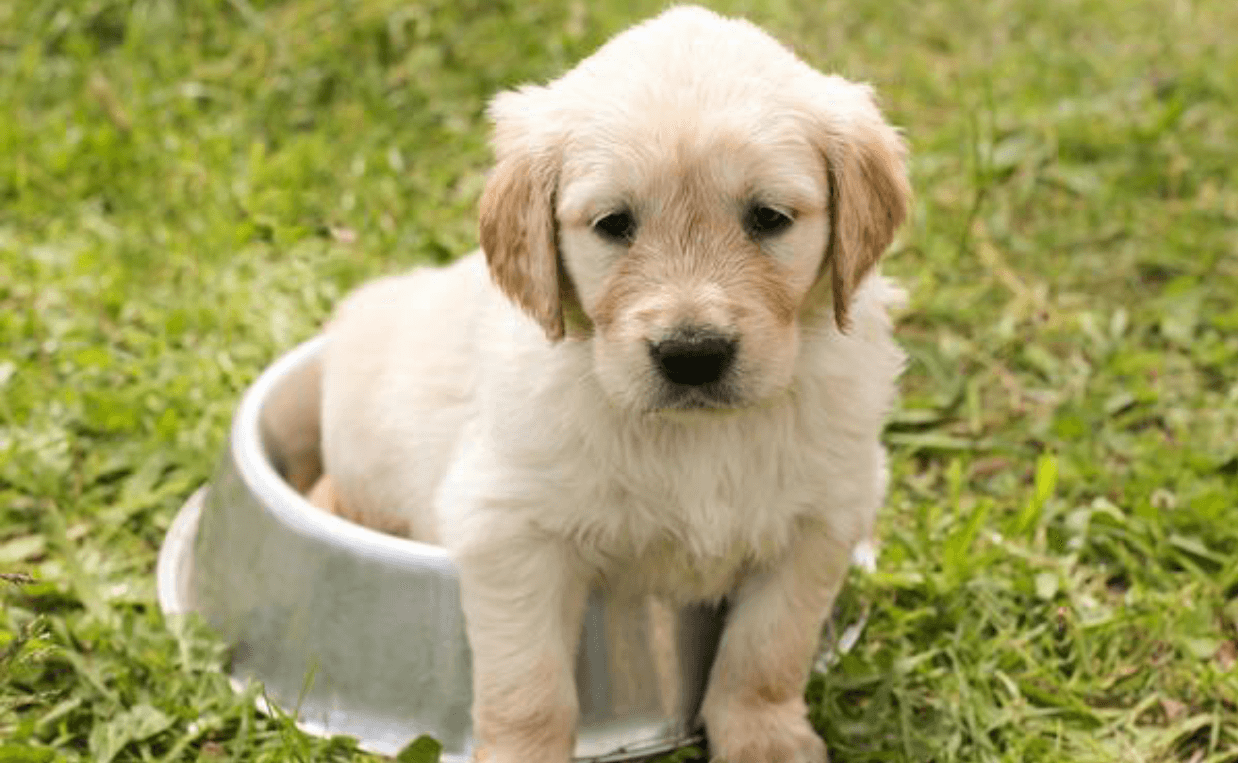
- Toys to chew on (so they don’t chew everything in sight)
- Puppy bed
- Harness and leash
- Food dishes
- Training treats
- A soft, stuffed toy to play and sleep with
- Healthy age-appropriate puppy food (click here to learn more about what to feed your puppy)
- Puppy potty pads
- Puppy training books
- A dog license and registration (your vet can help you with this)
Talk with your local pet store representative to you gather all the necessary items your puppy will need. Some pet stores have special deals on “puppy kits” so check to see if what they offer will meet your puppy’s needs.
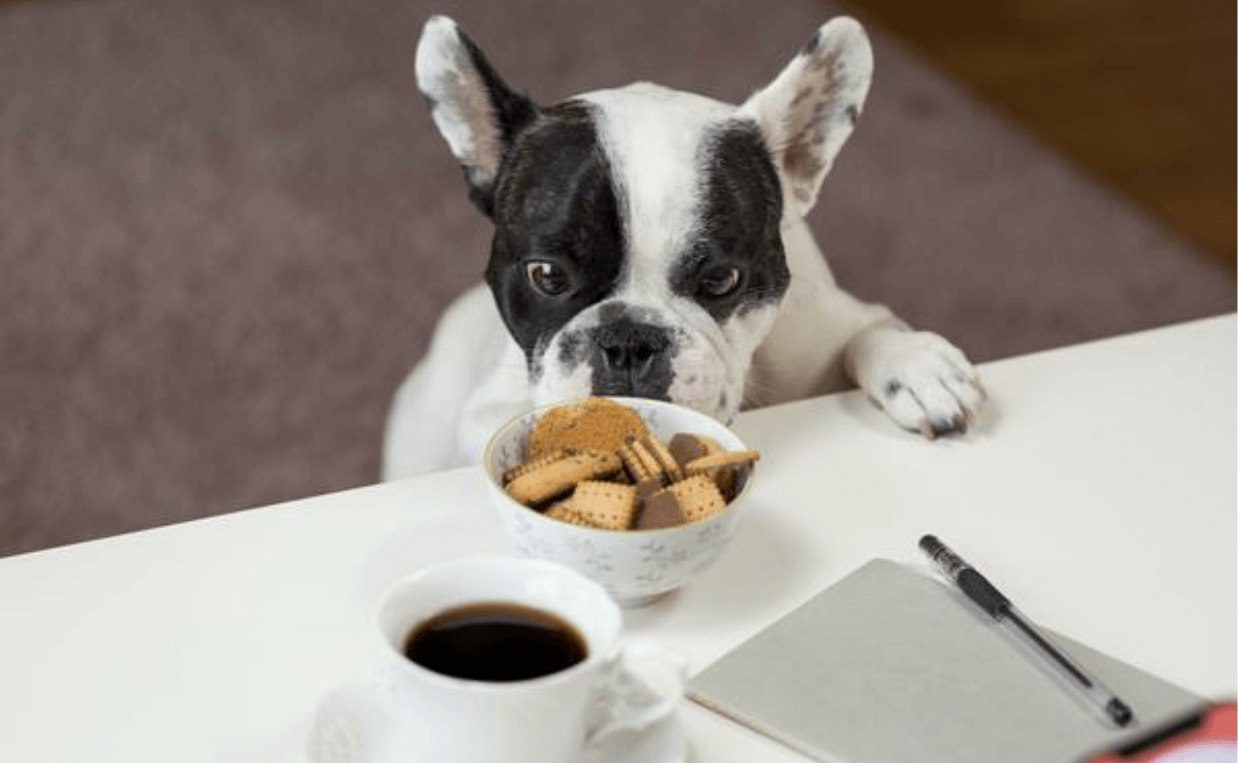
-
You have to say NO about a million times a day
Raising your puppy is big responsibility. A puppy is very similar to a baby; they have no idea what behavior is acceptable or not. At the beginning you will say “No” so often it will feel a million times a day times, and even then, it will seem like your puppy still doesn’t understand.
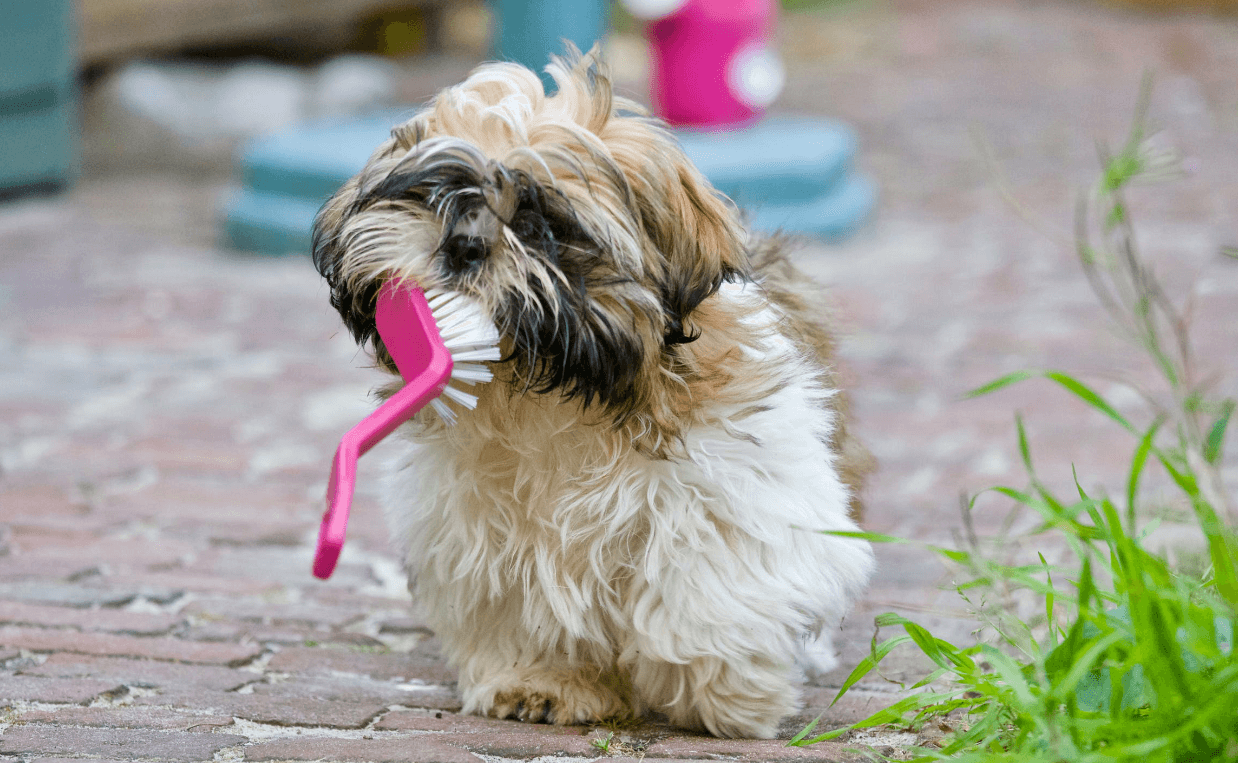
Be patient. Continue your training and redirect your puppy’s attention to what they should be doing; don’t focus too much on what they shouldn’t be doing.
Puppy-proofing your home is an important part of raising your new addition to the family. Taking the time to remove items that might be dangerous or tempting to your puppy will help keep them safe, out of trouble, and reduce the number of times you have to say No.
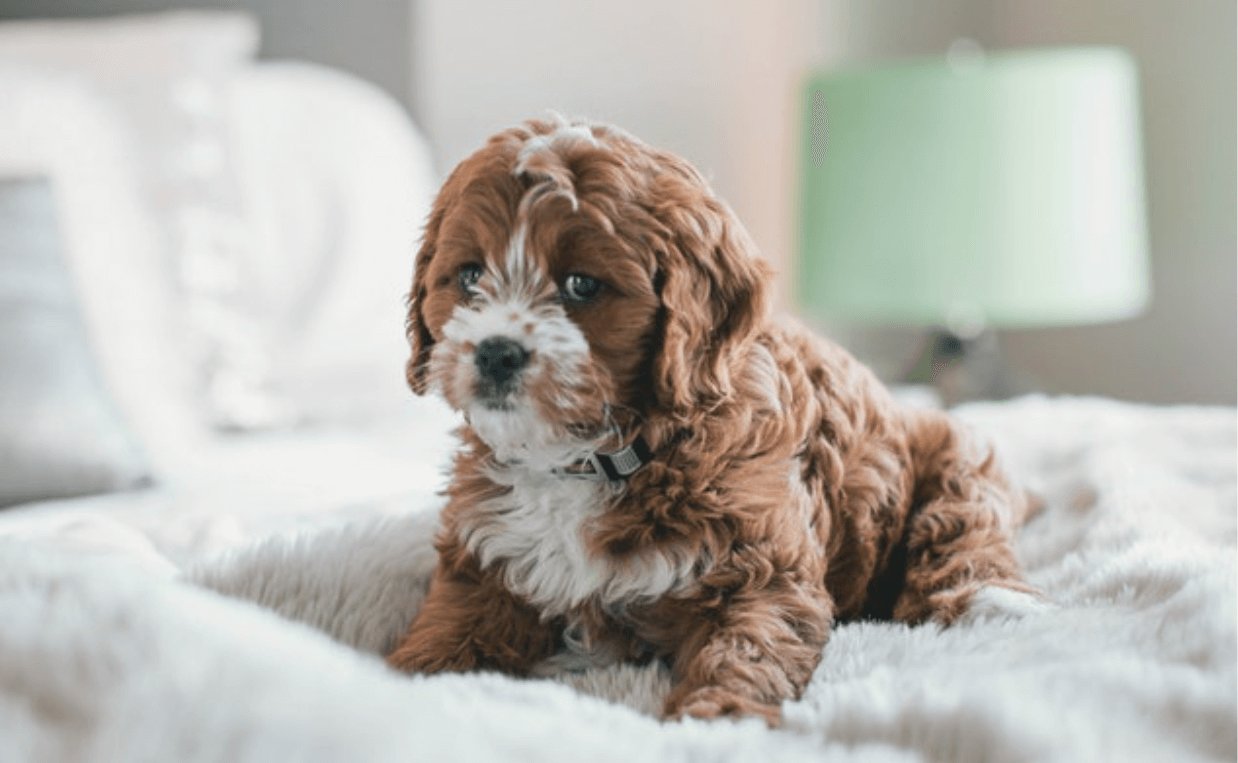
-
You have to find a solution for nighttime crying
Puppies cry at night because they are separated from you. They will cry, howl, or whimper loudly whenever they are away from you, especially at night. Your puppy just wants to cuddle up with you like he or she did with Mom and siblings. He or she misses the warmth and closeness of a family.
Having a puppy can mean many sleepless nights at the beginning. Some people enjoy snuggling with their puppy at night, but most experts agree the quality of your sleep will improve when your puppy sleeps separately.

Here are some ways to tame the night-time howler:
- Bring the crate or dog bed into your room beside your bed where your puppy can see you and hear you breathing. This will give your puppy a sense of security that you are with him or her.
- Give your puppy a stuffed toy that is similar in size to cuddle at night. You can also try putting a chew toy or rope in their bed if they continue whining to give them something to chew on.
- Sometimes a ticking clock right beside their crate or bed can help a small puppy sleep as it sounds like a heartbeat.
Eventually, after a few nights of not engaging with your puppy, he or she will learn that crying doesn’t work and will they will eventually stop.
Giving in to the crying will make it harder in the future to train your puppy to sleep without you. So, decide from the start if your puppy will be a bed mate or not and stick with your decision.
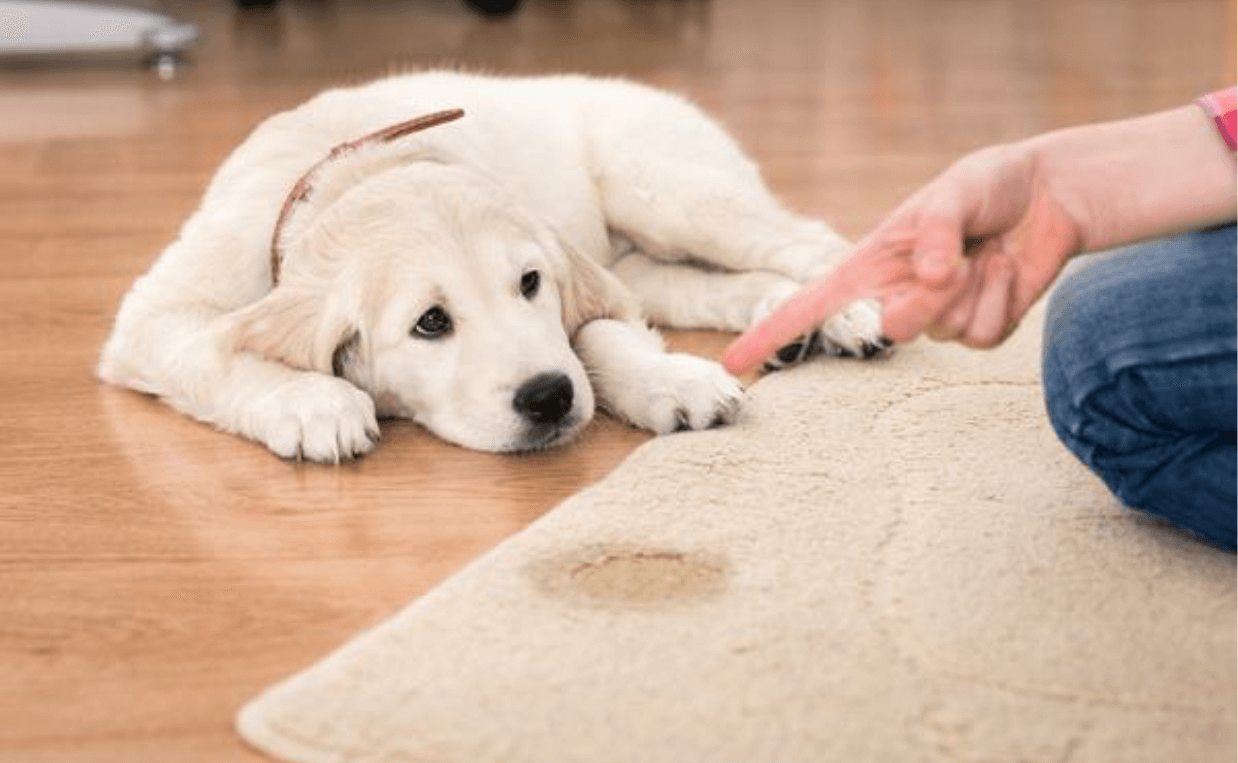
-
A piddle here, a piddle there
It is easy to forget how much house training goes into raising a puppy. House training can take up to a year or more, and even then, accidents still may happen if your puppy is left alone for long periods of time.
Puppy pads can help save your floors and train your puppy to go in one area. Putting the pad at the door can also help them learn that eventually they go outside.
Take your puppy out often, on the hour or even more if they are still having accidents.
Praise them like crazy when they do go outside. This will reinforce good behavior.
Eventually, with a lot of time and patience, your puppy will start to learn that outside is the only place they should go to the bathroom.
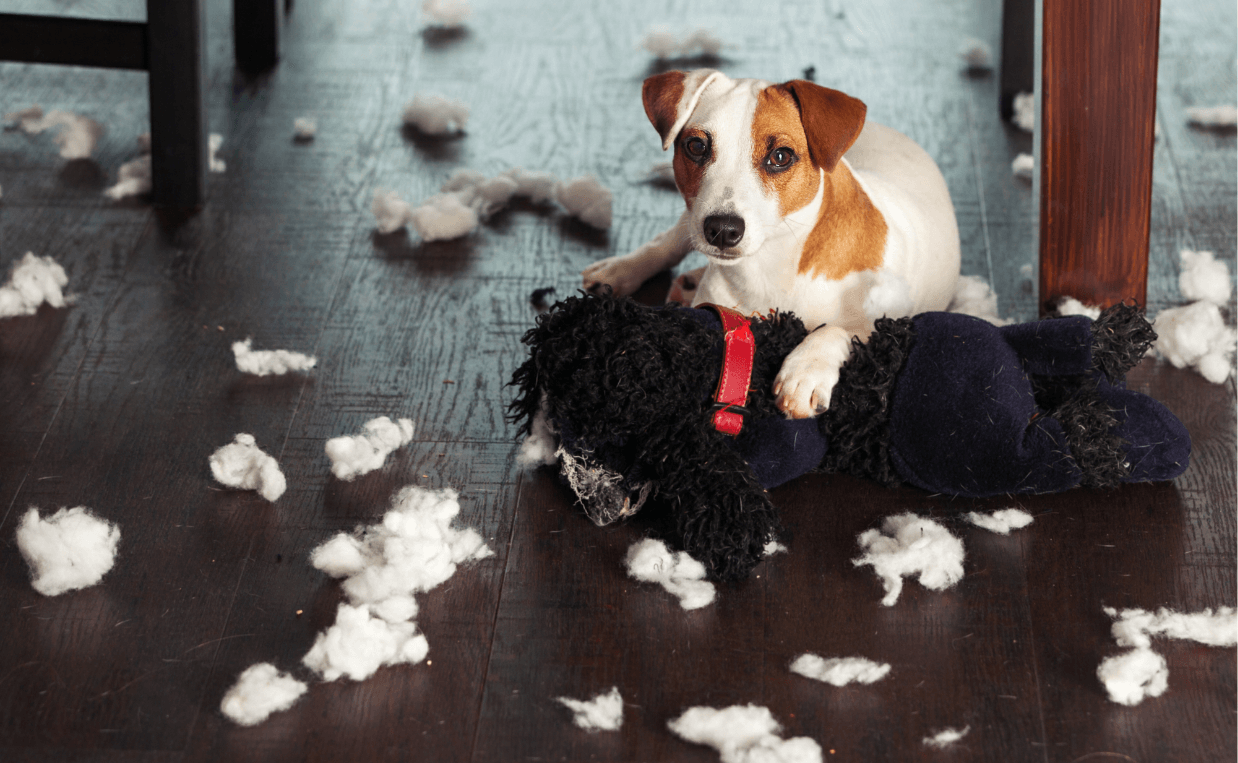
-
Will the chewing ever end?
Oh, the everlasting chewing. Raising a puppy comes with lots and lots of chewing, and hopefully only minimal damage to your belongings.
It’s important to know that puppies will chew anything and everything they can put in their mouth, including dangerous items like electrical cords. Everything you don’t want chewed should be put away or up out of puppy’s reach for their safety and your sanity.
Purchasing a lot of different types of toys and chewy treats will help them stay away from your furniture and items you can’t hide.
Crate training can help save your puppies life and the life of your belongings while you are out.
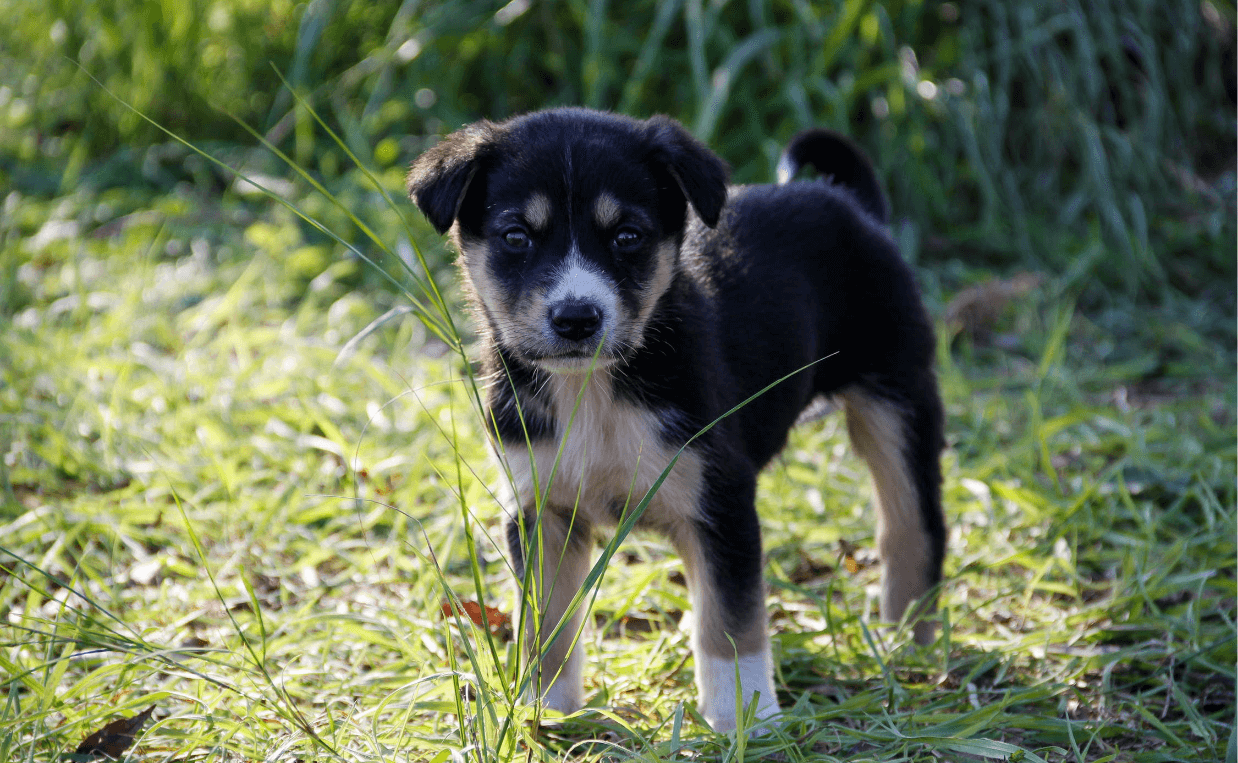
-
Puppies need training
Puppy training should start as soon as you bring them home. Although professional training school should wait until they are around 5-6 months it is important to start home training right away. Here are 18 puppy training tips to help you stay sane!
Young puppies as young as 8-12 weeks old have very short attention spans so keep your daily home training short and sweet. Your young puppy can learn to “sit” “lay” “stand” and “stay” with continuous daily training sessions.
As they reach 5 or 6 months obedience school is important for your puppy to learn social skills and more commands. It is well worth the small investment for your puppy and you to learn together and socialize with other dogs and dog owners.
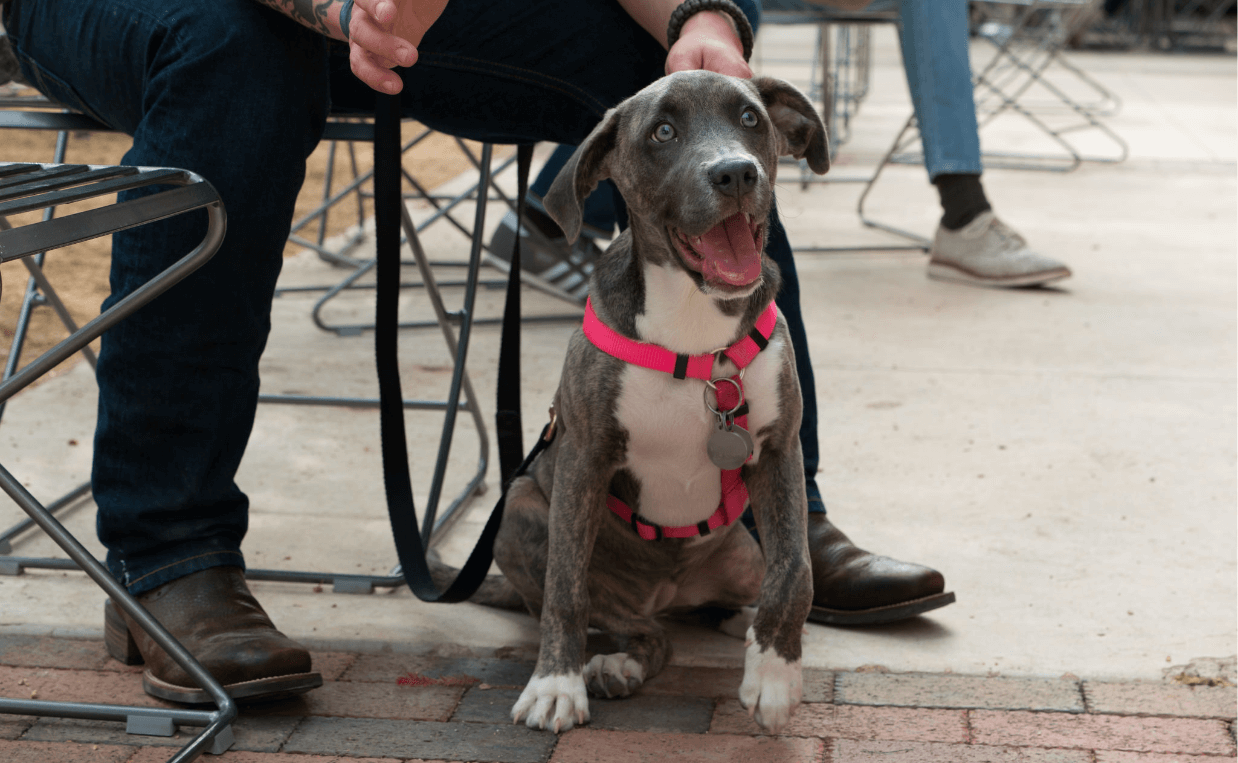
-
No one can resist petting a puppy
The sweetness and cuteness of a puppy is simply irresistible. As you get ready to take your puppy for their first walk you may forget your puppy is a people magnet. As you stroll down the park path it will take twice as long as you planned because everyone will want to pet your puppy
You will be stopped by the young and old; everyone will ask about a hundred questions about your puppy.
Immunizing your puppy is very important for their health as they will have many hands and germs touching and petting them. (Click here to learn more about immunizing your puppy.)
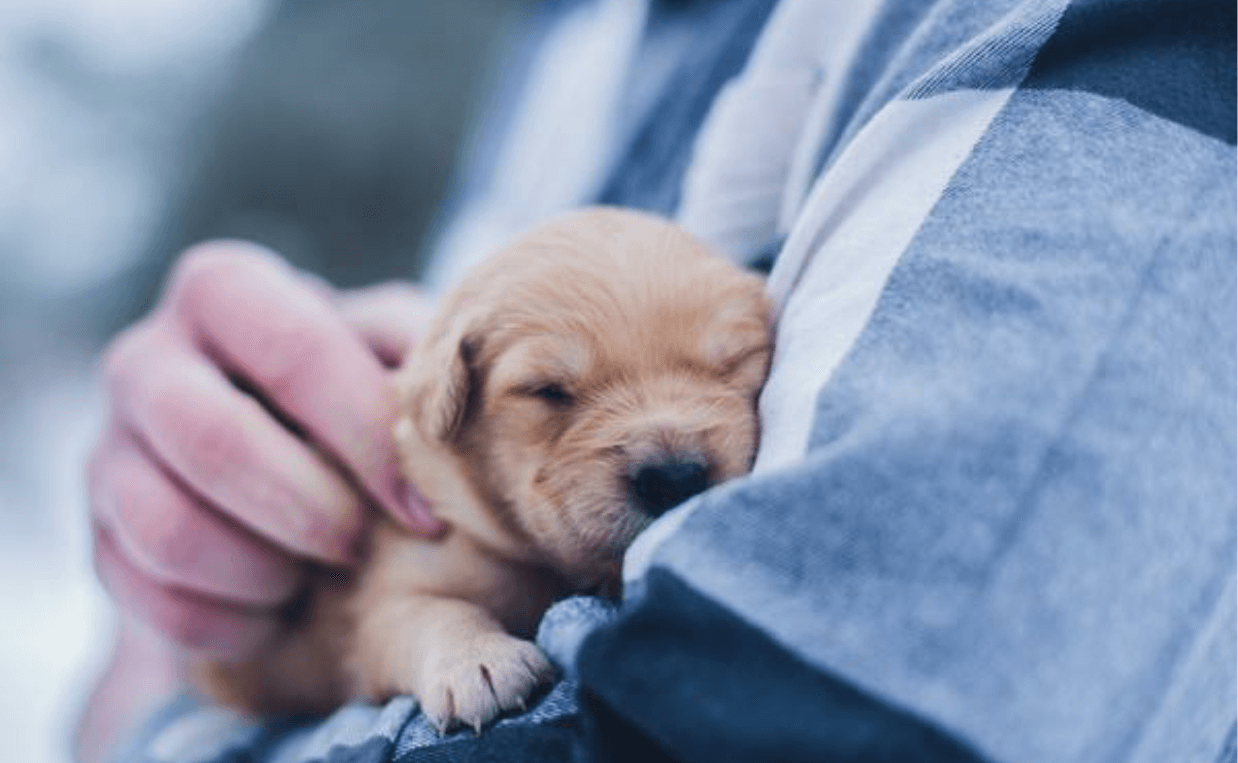
-
Puppy love
Even though raising a puppy can be stressful and sleepless at times, it is always worth it. There is nothing that compares to a puppy’s love. No matter how many times you say NO or get upset with him or her they will always love you.
A puppy will love you unconditionally no matter who you are. A puppy’s love is different than a person’s love in many ways. There’s nothing quite like the bond between a puppy and his or her dog parent.
A puppy deserves your unconditional love right back. They should be considered part of your family and treated as such.
Once your puppy has met the minimum immunization requirements, having your puppy attend daycare can help ease some of the puppy difficulties you may be facing. Your puppy will get plenty of exercise, learn social skills and may even leave daycare too tired to chew anything at home (at least for a while)! Your puppy will need an Admissions Test before enrolling in daycare. Give us a call when you’re ready and will get you set up right away!
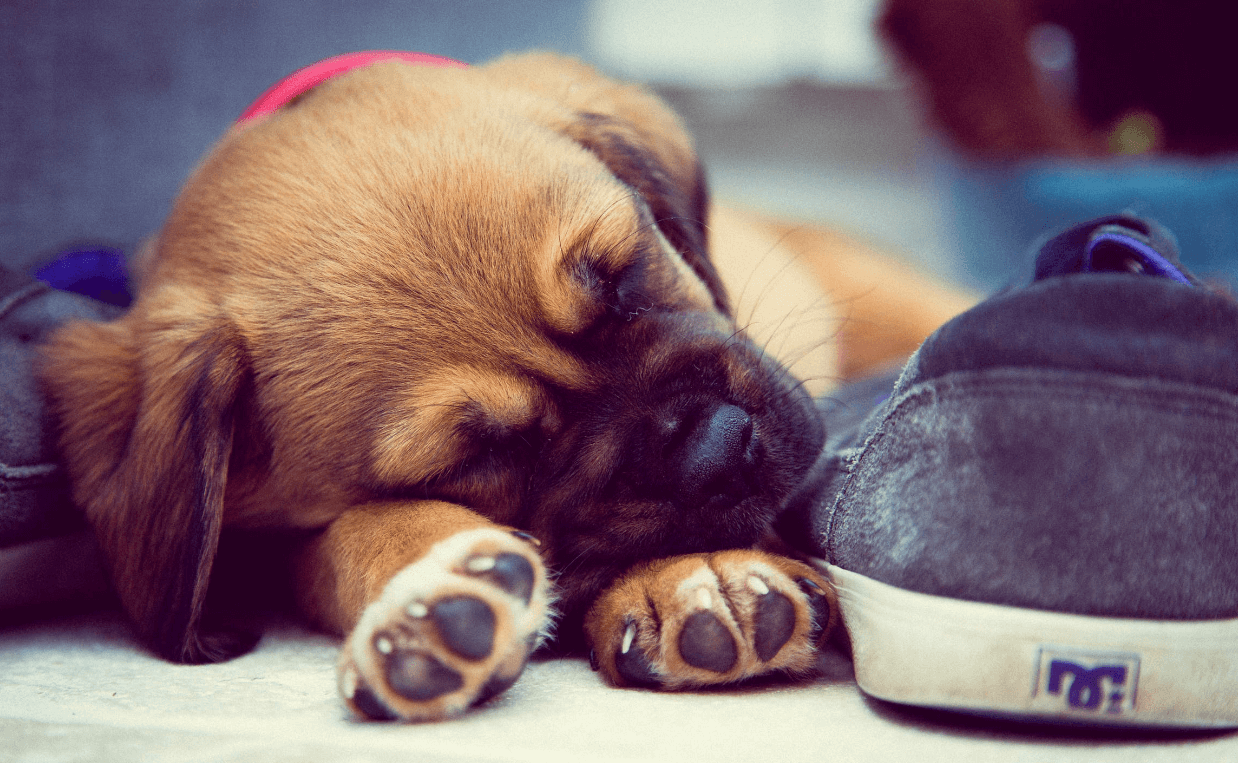
What puppy challenges can you relate to? What did you forget about raising a puppy that surprised you?













Leave a Reply